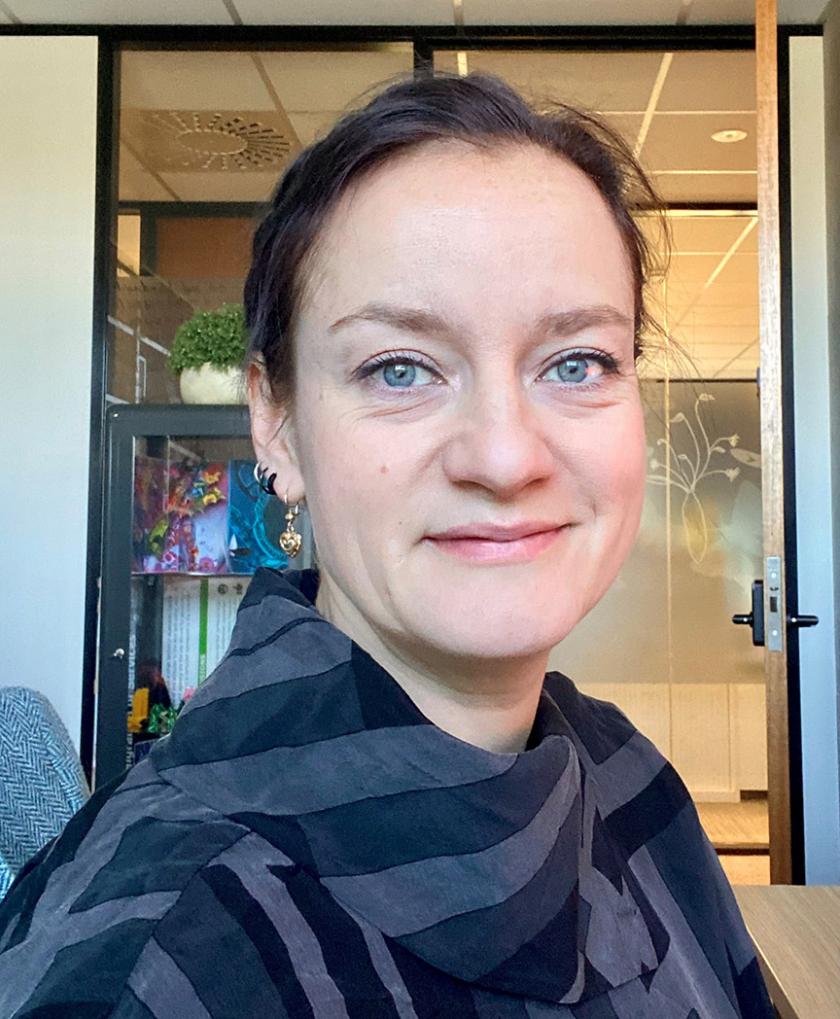CIRSS Seminar: Terhi Nurmikko-Fuller

Terhi Nurmikko-Fuller, senior lecturer in digital humanities at the Centre for Digital Humanities Research, Australian National University, will give the talk, "Bibliographic Datasets as Linked Data: Investigating the Aggregation of Disparate Libraries."
Abstract: Bibliographic metadata standards provide a structured approach to managing huge swaths of extremely heterogeneous resources that vary in size, purpose, genre, language, content, age, material, and the socio-political and historical context in which these resources were created, were and are consumed, and continue to be read and interpreted. In the digital, bibliographic metadata standards represent a longstanding mechanism for record management and the expression of relationships between authors, resources, institutions, locations, and object biographies.
As digital scholarship, particularly in the context of working with and utilising data from the GLAM-sector, increasingly incorporates and manipulates these records in ever-more automated and direct ways, are existing systems risk of being insufficient in terms of providing underlying addressability and relational expressivity of the type and extent that are needed in order to construct and interact with (often very complex) research collections?
Whilst research agendas, problem spaces, and academic investigations have begun to evolve beyond searches based on traditional metadata parameters such as author, date, publication place, genre, these key terms and data categories still dominate the way we have trained ourselves to categorise data, and to understand the world. Semantic Web technologies such as Linked Data and RDF has been suggested as a possible solution to the problem of users being limited to keyword-based, full-text approaches to information discovery. These methods rely on named entity identification, relationships between entities, and the potential to leverage interlinked data from a variety of repositories and corpora. But how is this to be achieved? How are we to ensure the capture and representation of diverse and rich perspectives to data categories? And in the Age of ever-increasing artificial intelligence and machine learning, why would we bother?
Questions? Contact Janet Eke
This event is sponsored by CIRSS